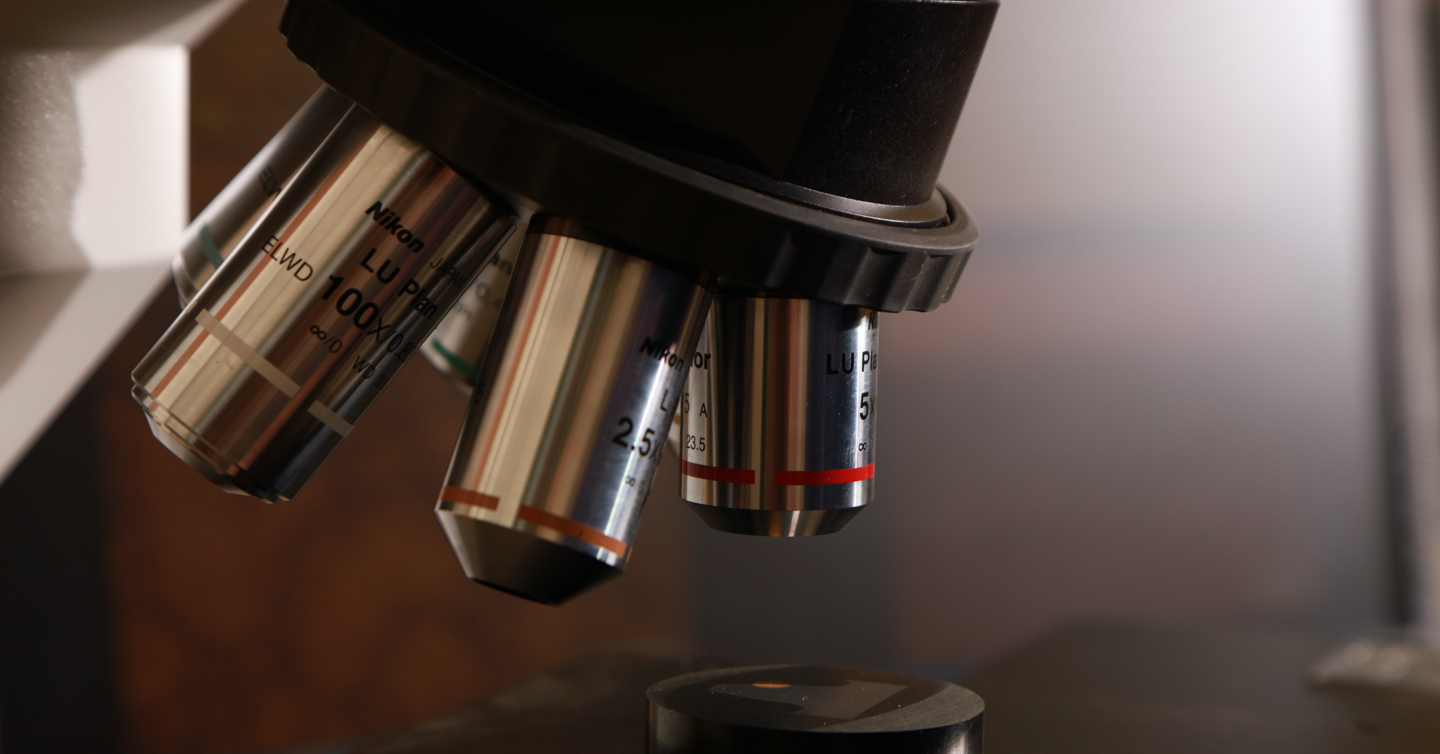Benjawan Saengwichian
Investigating the causes of failure of metallic implants.
Email: b.saengwichian2@ncl.ac.uk
Project supervisors
Project description
There is an ever-increasing demand for metallic implants for orthopaedic and orthodontic treatments. Rehabilitation of injuries, disorders and diseases drives the demand.
The diversity and functionality of implants improve the activity and quality of life for many patients. But metal degradation has affected premature failure of implants. Thus, we need novel coatings, designs and manufacturing technology to increase life expectancy.
Retrieval analysis is an effective tool to determine the root cause of implant failure in vivo. It provides crucial insights into failure mechanisms. Such forensic evidence is also invaluable for improving the manufacturing process, material selection and surgical techniques. It can assist in reducing material defects and poor design. This information would effectively support either re-design or invention of novel technology. But the holistic approach for retrieval investigation is nascent.
I will investigate the causes of failure of spinal explants. I will create in vitro simulation tests to explore the failure mechanism in vivo. These include heat treatment, immersion, and corrosion fatigue tests.
I will:
- examine the causes of failure of spinal implants using retrieval analysis techniques according to BS-ISO 12891-2:2014 standard
- explore the heat treatment conditions causing metallurgical induced corrosion
- study the effect of galvanic corrosion on metal ion release in 37°C phosphate buffered saline (PBS) and artificial cerebrospinal fluid (ACSF) under aerated and deaerated conditions
- simulate in vitro corrosion fatigue tests under a 37°C ACSF to determine fatigue limit and understand fracture behaviour
Interests
Biotribocorrosion, surface engineering, failure analysis
Qualifications
Mechanical Engineering
